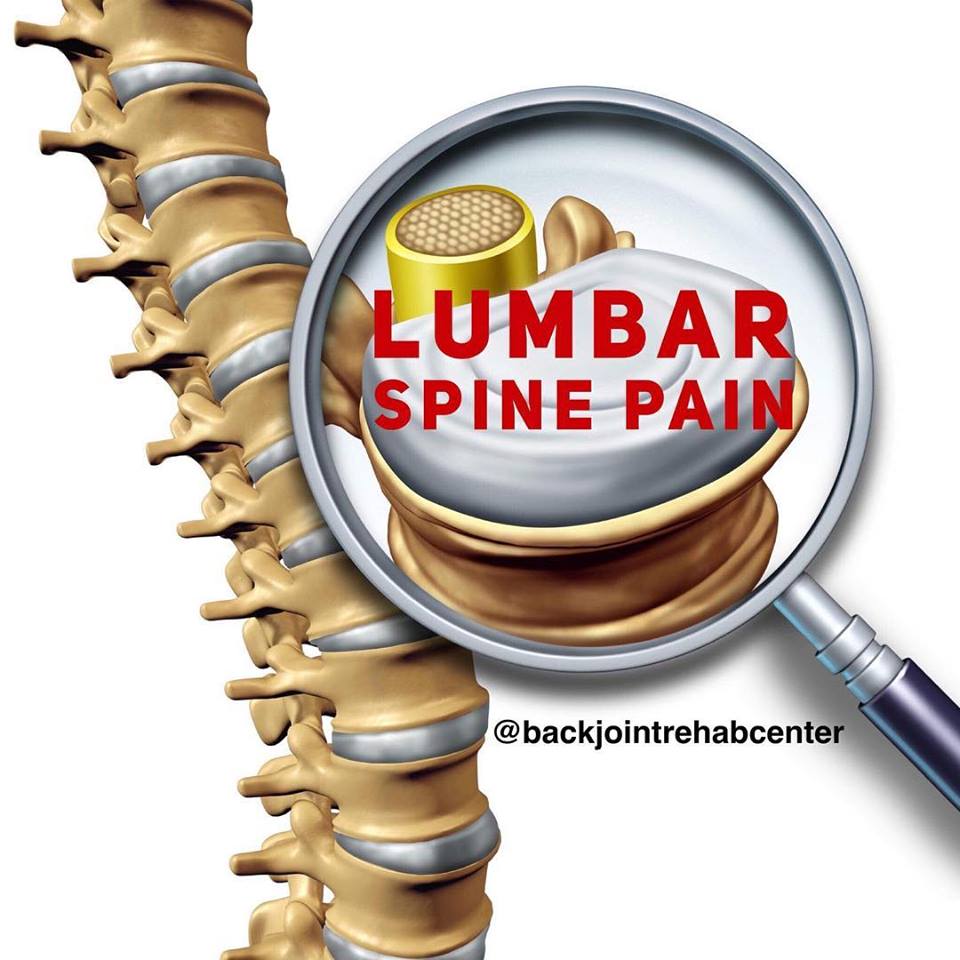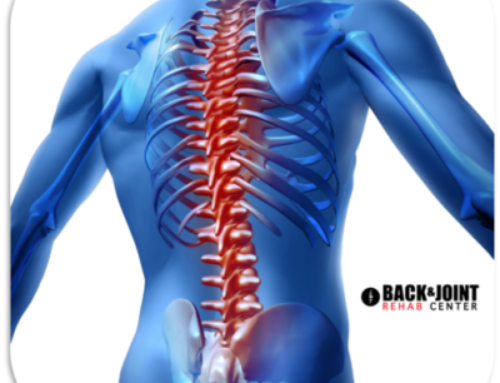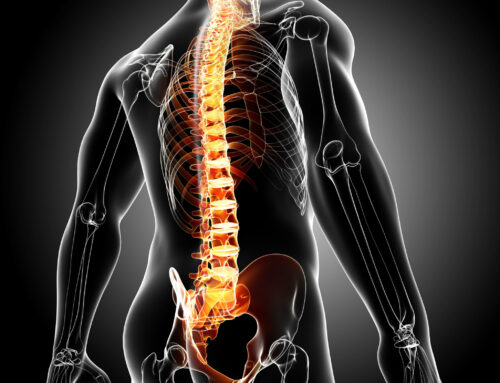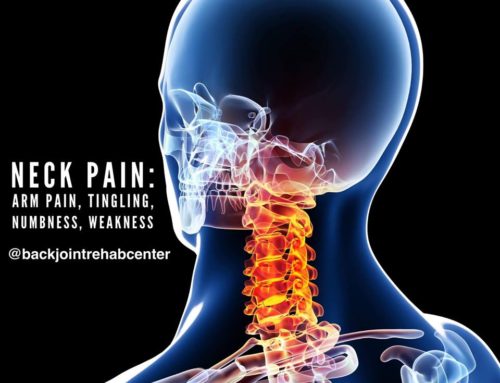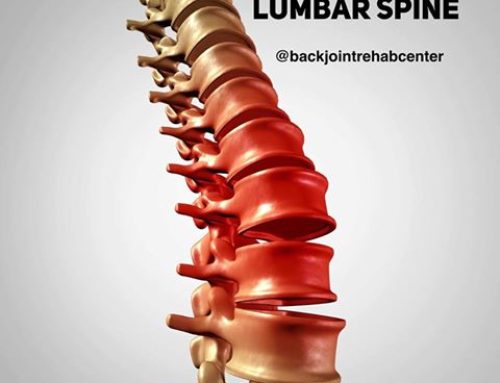Dr. Del Real DC. Cert. MDT is a chiropractor in Crown Point, Indiana, servicing St John. We service Northwest Indiana. Our chiropractic Crown Point office sees many patients who suffer from lower back pain, neck pain, herniated disc, sciatica, degenerative disc & joint pain. Dr. Del Real is the only chiropractor in Northwest Indiana Credentialed in McKenzie Therapy, the leading non-surgical therapy for spinal & joint disorders. McKenzie Therapy is a specific form of physical therapy. The emphasis is to teach patients how to self care with specific exercises for their spine pain or joint pain.
We are located across the street from Hubinger Garden Center on 113th Avenue in Crown Point, slightly east from the corner of 113th and Broadway avenue in Crown Point. We are IN-Network with PPO Insurance plans of the following companies: Blue Cross Blue Shield of Illinois, Anthem Blue Cross Blue Shield, United Healthcare, Aetna, and Cigna. We provide 1-on-1 therapy for our patients. McKenzie Therapy is a specific form of physical therapy that allows the patient to be more involved with their care. With McKenzie Therapy, we are able to provide specific lower back pain exercises to quickly get patients better. Using McKenzie Therapy, patients learn to self manage and reduce risk of recurrence.
While many people think Chiropractors simply focus on the spine, Dr. Del Real focuses on joint problems and sports injuries as well. Dr. Del Real has specialized in areas of diagnosis, mechanical therapy, rehabilitative physical medicine, and sports medicine. Dr. Del Real has attended over 1000 hours of specialized post-graduate coursework on topics ranging from advanced clinical orthopedics, gait analysis, spinal disorders, sports injuries and human performance for sport. So, if you have knee pain, rotator cuff pain, or any joint pain, we can help. We focus on patients who want to actively improve their lives.
When dealing with neck pain, lower back pain, sciatica or a herniated disc, there is no need to feel lost. We teach patients how to take control of their pain throughout their therapy. Individual rehabilitative treatment plans are developed for patients to conveniently incorporate into their lives to quickly improve painful states. Many patients have experienced failed surgeries, injections, and other unsuccessful forms of conservative care. Do not be discouraged because there is always something, you as a patient can do to help yourself. We empower our patients with therapy and education regarding their pain. We teach our patients the difference between Hurt Vs Harm. Hurt means you produce pain, but the problem is not worsening. Harm means you produce pain and the problem is worsening. Understanding the pain response with your condition will allow you to continue activity and not restrict yourself losing time from work, sport, or daily activity. With the therapy, we quickly get better and on your way to healthy living again.
Unique to the McKenzie Method® is a comprehensive and logical step-by-step process to evaluate the patient’s problem quickly. This mechanical examination can “classify” most patient conditions by the level of pain or limitation that results from certain movements or positions. A McKenzie assessment can eliminate the need for expensive and/or invasive procedures. Research has shown the initial McKenzie assessment procedures to be as reliable as costly diagnostic imaging (i.e., x-rays, MRIs) to determine the source of the problem and quickly identify responders and non-responders.
McKenzie treatment prescribes a series of individualized exercises. The emphasis is on active patient involvement, which minimizes the number of visits to the clinic. Ultimately, most patients can successfully treat themselves when provided the necessary knowledge and tools. For patients with more difficult mechanical problems, a certified McKenzie clinician can provide advanced hands-on techniques until the patient can self-administer.
By learning how to self-treat the current problem, patients gain hands-on knowledge on how to minimize the risk of recurrence and to rapidly deal with recurrence if it occurs. The likelihood of problems persisting can more likely be prevented through self-maintenance.


